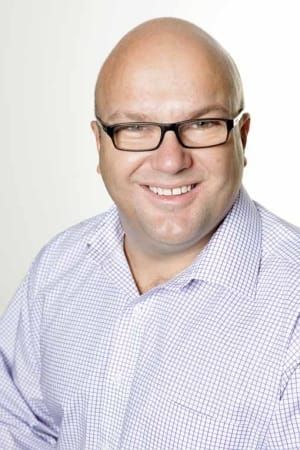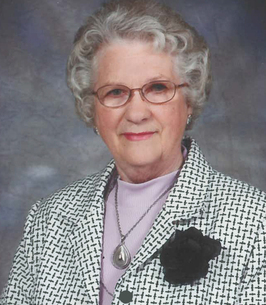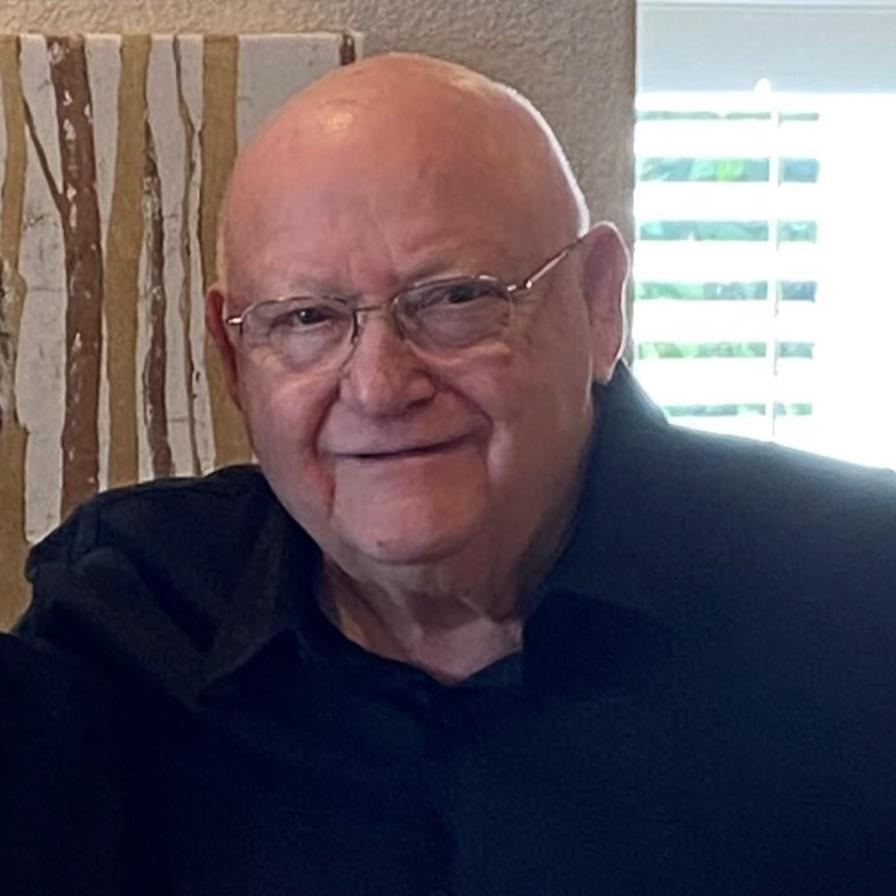Even in police’s cross hairs, Iowa movement leader Matt Bruce stands up for equal treatment
Des Moines police have intensely surveilled Bruce for months. “In my experience, they arrest me not for crimes, but when we threaten their ability to control people with violence,” he said.
Rekha Basu | Des Moines Register
Show Caption
Hide Caption
Black Lives Matter protesters stand off with police during a demonstration
Black Lives Matter protesters attempted to march through downtown Des Moines streets but police prevented their passage.
Des Moines Register
At 3 a.m. Sept. 1, Jana Bruce in Des Moines got a call from her 24-year-old son, Matt. “Mom, you’re not going to be happy” were his opening words.

He’d gone to Iowa City to support a protest, was picked up by police around midnight and held for three hours in solitary confinement. Hearing of her son’s arrests has become a regular, if unwelcome, feature of Jana Bruce’s summer. That was the fourth one (there has since been a fifth). But when she later heard the charges on TV news, she says, her heart broke: nine Class D felony counts of “assault on persons in certain occupations with intent of injury.” Not that she believed Matt would do that, but she feared she wouldn’t see him for a long time. A judge released him that day without bond. Police allege Matt shined laser light beams into the eyes of University of Iowa public safety officers in two separate incidents that night. A university spokeswoman said six officers sought medical attention.
Bruce, who espouses nonviolent resistance, denies doing anything to hurt anyone. He says he didn’t even have a laser. A charismatic, outspoken Des Moines native, East High class of 2014, and a University of Iowa alumnus, he returned to Des Moines this summer after years elsewhere. George Floyd’s death at the knee of a Minneapolis police officer called him home to help build a local movement with like-minded people. He has since emerged as a de facto leader of the Des Moines Black Liberation Movement, formerly called Black Lives Matter.
“It can happen anywhere,” he says of unprovoked police killings of unarmed Black men. He and allies are pressuring Des Moines and Iowa officials to take actions to prevent it from happening here. “The biggest thing has been finding consensus: What can we stand on, who do we target?” he said. His organization has joined other groups to march in support of immigrants, Native Americans, women, the LGBT community and other disenfranchised populations. They have a rent relief fund for people facing evictions, Bruce says.
They’ve also marched to the governor’s mansion and the homes of the mayor and City Council members, met with Gov. Kim Reynolds in her office and seen tangible successes. The Iowa Legislature passed, and Reynolds signed, a bill to ban police chokeholds. She also signed an executive order allowing people who have completed sentences for felony convictions to vote. Iowa had been alone among the states in setting blanket conditions.
Closely watched during rallies
But Bruce’s unvarnished language and willingness to put himself out there has contributed to his being a target of police scrutiny and suspicion. He’s been under police surveillance for nearly five months, according to an investigation report that identifies him as a BLM leader and says police used phone and vehicle records and residential search warrants to investigate him. People have also told him they’ve seen officers holding his photo or poring over his social media sites during protests, as if lying in wait for him. “In my experience, they arrest me not for crimes, but when we threaten their ability to control people with violence,” Bruce said. “Nonviolent civil disobedience is threatening to them because we don’t care if they arrest us.”
More: A picture of overreach by police: Time after time, protesters recount unnecessary arrests, excessive force More: BLM organizer Matthew Bruce arrested for fifth time on charges stemming from protests A local police union fired off an angry letter to Des Moines City Council Member Josh Mandelbaum over his tweets. Mandelbaum had criticized police for arresting Bruce and another protester days after an Aug. 15 protest on suspicion of blocking an undercover detective’s car or “interfering with official acts.” In that instance police pulled him out of the Urban Dreams social services agency, where he was distributing food Aug. 20.
“These charges are unnecessary and at best create an appearance of retaliation,” Mandelbaum tweeted. “We find your tenor and tone to be nothing if not insulting,” the three-page unsigned letter from the Des Moines Gold Braid Organization scolded. The organization represents the highest-ranking police officials. It described Bruce as “an agitator.”
Asked how Bruce could have known the person driving was an officer, police spokesman Sgt. Paul Parizek said Bruce was well aware. But Bruce says, “An unmarked officer should have to announce himself as an officer in order to say that we’re obstructing. As far as we knew, he was just a random person that was stalking us.” Bruce says every time he and allies demonstrate, they see unmarked cars. Parizek said delayed arrests give police time to review evidence for probable cause and to consult with the Polk County Attorney’s Office, if necessary. And he says delayed arrests preserve Bruce’s freedom of speech. In June, Bruce was arrested and charged with vandalizing a police car during a protest; causing bodily injury, and assaulting a peace officer (two counts, since dropped) and disorderly conduct. In July, it was interfering with official acts. His most recent arrest Sept. 22 was also on a disorderly conduct charge for “unlawfully blocking roadways” during a protest downtown without a permit. Again police showed up unannounced at his place and hauled him off. Police have not previously required permits to protest. The criminal complaint says City Manager Scott Sanders met with Bruce and others before the march and cautioned them against “non-permitted” marches, but Bruce says he was not at that meeting and was told Sanders didn’t threaten arrests for not getting permits.
Bruce: Police exaggerate content of private messages
The same report by two officers claims, citing encrypted messages police say they recovered, that Bruce and other BLM members had a criminal plan to take over an Interstate Highway 80 construction zone east of Merle Hay Road, in relation to a June 22 protest, with a goal to create “mass chaos.”
It also says protesters planned to bring firearms, throw nails on the interstate and call in a fake hostage situation with a decoy car on the highway to tie up state law enforcement away from Des Moines, where a march was to take place. It said later intelligence fueled concerns the marchers would try to take over I-235. It goes on to talk about traffic being congested and obstructed by subsequent marches by Bruce’s and others’ actions. It mentions “significant planning to intentionally disrupt society.” According to Bruce, some messages were taken out of context and others referred to events not organized by BLM but by other groups — including the Sept. 22 protest where he was arrested. “Mass chaos” was never a goal, nor a term anyone used, he said. And the phone police traced wasn’t his; nor were any of the proposals. But Bruce said he had nixed the I-80 plan. And, referring to a claim that protesters planned to throw nails on the highway, he said one person suggested that but multiple others rejected it.
“They make me sound like a mastermind,” he said. And “they take nonviolent actions and turn them into violence.” As to a police claim that those in the group had planned to bring weapons, he said that no one is illegally carrying a concealed weapon. And the plan to take over I-235? Police just made that up, he says. Bruce believes police have been retaliating against protesters since their actions started getting results, beginning with a curfew being dropped.
Attention to justice growing up
Much of Bruce’s early inspiration for civil rights and social justice came from his mother, he says. “I have a very low tolerance for injustice,” responds Jana Bruce, a manager for a Des Moines insurance company.
She’s biracial and says she was interested in her culture and “how we got here.” She recalls the day she gave Matt her old copy of Alex Haley’s book “Roots” when he was 12 or 13. She never imagined how much it would affect him. It was a time when Matt says he wanted to delve into his heritage. He attended the gifted and talented program at Des Moines’ Central Academy and took an Advanced Placement Literature class in 12th grade with teacher Petra Lange. She recalls him as a standout student: “an astute thinker whose artful critiques were challenging but not threatening.” He was one of eight students she collaborated with on a 2014 project on institutional racism. Their shared experiences of isolation as kids of color in college-level classes led to a published essay in the scholarly magazine The English Journal. And their strategies for navigating those systems, including curricula that didn’t reflect their experiences, led to a student-led support group called CORE for students of color taking college-level courses, which spread to other schools. Lange says the interactions changed her. Of Bruce, she says, “He’s such a unique and extraordinary kid to have in this world.” At the University of Iowa, where he studied sociology and African-American studies, Bruce got involved as a sophomore with a plan to a create an all-Black living-learning community for freshmen. Called “Young, Gifted, and Black,” it was the first identity-based community on campus, also intended to provide a support system and boost graduation rates.
He moved to Maryland in 2019 to work on a podcast, “Let’s Ketchup,” and had been settling in Chicago when Des Moines called him back. So what’s the end game? Restructuring city government, and disbanding the Des Moines Police Department in its present form, he says. He wants it replaced by a different justice system that has strong bonds with the entire community. He’s critical of the City Council for condoning how police exercise power.
“Police feel intimidated. Their own security is threatened,” weighed in his mother, who had close relationships with police officers growing up. “I’ve heard Black people in the justice system say they’re traumatized by the police culture,” said Matt Bruce.
He is also critical of some older people affiliated with the Black clergy or the NAACP who he says have tried to tell BLM what to do, but have only shown up for the celebrations when they “hadn’t put in the work.” State Rep. Ako Abdul Samad, a Des Moines Democrat and former member of the Black Panther Party in Des Moines, isn’t one of those he faults. Bruce and he met soon after Bruce arrived here. Abdul-Samad says, “He reminded me of a very young Huey P. Newton,” referring to one of the Black Panthers’ founders. He heralds Bruce’s intelligence, diligence and commitment to activism, and especially his “ability to turn pain into civic engagement.” But Abdul-Samad says Newton’s theme about Black people needing to go it alone and develop their own institutions was good for its time and “now we have to do it together.” Asked what fatherly advice he might share, he reflected, “I know him. I know him better than he knows him because I was him.” He said that more people are recognizing injustice now, and that it’s necessary to “recognize what lane people are in” and that “everyone has a role to play. “
Unlike in his activist days, when national forces unleashed by J. Edgar Hoover “tried to kill us,” Abdul-Samad considers police pushback here light these days. Then, it was “a government using its forces to control and eliminate individuals that were a threat,” he said. Now he believes some officers want to “reach out.”
Tension that seems destined to persist
“To Be Young, Gifted and Black” is the title of the Nina Simone song that gave the UI living-learning community its name. The song includes these lyrics: For all her concerns about his safety, Matt Bruce’s mother is proud of him for standing up for his beliefs, even when the two don’t see eye to eye. “I feel a little powerless when I can’t guide him in a direction which is safer,” she says, “but I know his heart is right.” In this complicated time of progress and regression toward racial equality, a few things seem clear. Police don’t plan on going away anytime soon, and neither does Matt Bruce.
Rekha Basu is an opinion columnist for The Des Moines Register. Contact: rbasu@dmreg.com. Follow her on Twitter @RekhaBasu and at Facebook.com/rekha.basu1106. Her book, “Finding Her Voice: A collection of Des Moines Register columns about women’s struggles and triumphs in the Midwest,” is available at ShopDMRegister.com/FindingHerVoice.
Want more opinions? Read other perspectives with our free newsletter, follow us on Facebook or visit us at DesMoinesRegister.com/Opinion. Respond to any opinion by submitting a Letter to the Editor at DesMoinesRegister.com/Letters.
Real perspective, brought to you by real Iowans. Subscribe today to support local journalism.



